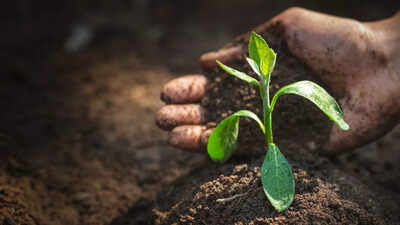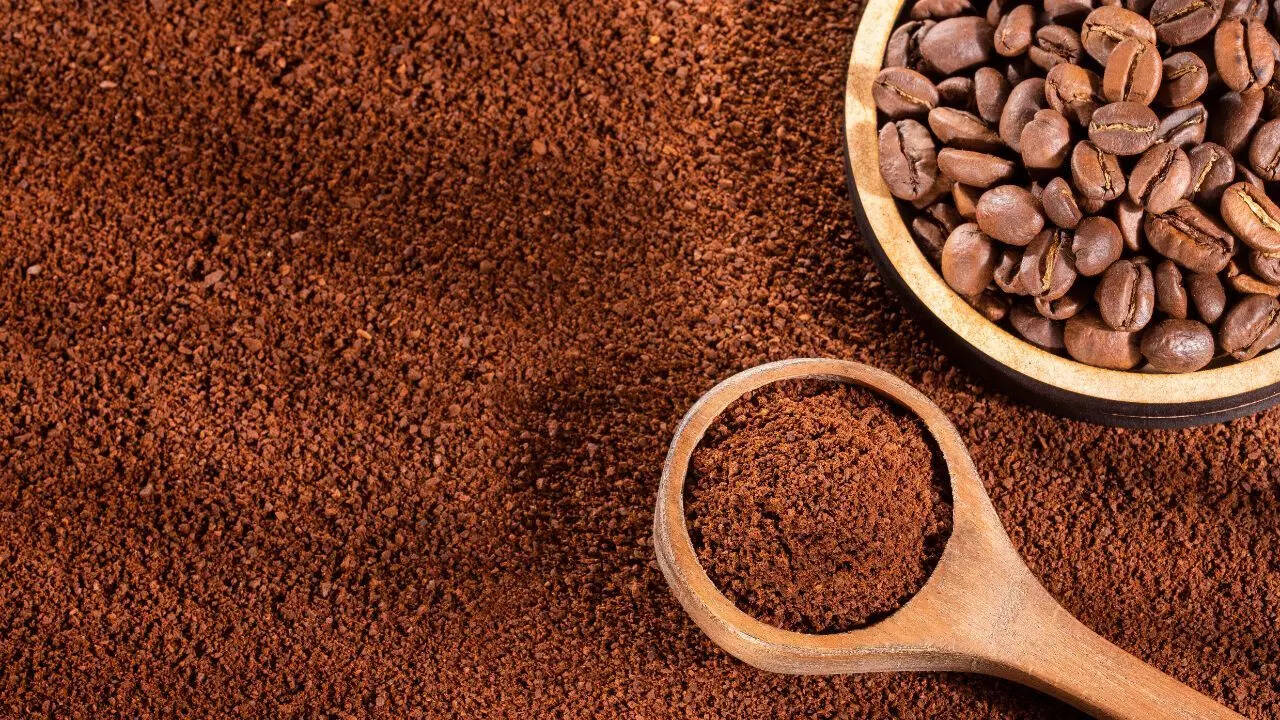ARTICLE AD BOX

Your kitchen is full of hidden treasures for a thriving garden. Many scraps that typically end up in the trash are actually packed with nutrients that plants need, including calcium, nitrogen, potassium, and sulphur.
While some leftovers benefit from composting first, others can be added directly to garden soil for quick results. By repurposing these common kitchen items, you can enrich the soil, support strong plant growth, and naturally deter pests. Incorporating these simple scraps into your gardening routine not only reduces food waste but also promotes a healthier, more sustainable, and productive garden all year round.
Grow stronger plants with 9 kitchen scraps
Eggshells

Eggshells are packed with calcium, a key nutrient that helps prevent problems such as blossom end rot in tomatoes, peppers, and squash. They also deter pests like slugs. To use them effectively, rinse the shells, let them dry, and crush them finely before sprinkling around plants or mixing into soil. This allows the calcium to be absorbed more efficiently, giving your plants a nutrient boost without waiting for composting.
Used loose tea leaves
After you’ve enjoyed your tea, don’t discard the leaves. Used loose tea leaves provide organic matter that enhances soil structure and releases trace minerals as they break down. Depending on the type of tea, these leaves can also introduce natural antifungal properties, supporting a healthy soil microbiome and helping plants thrive. Simply scatter the leaves around garden beds or lightly mix them into the soil.
Coffee grounds

Coffee grounds are a favourite for many gardeners. They add nitrogen and organic matter to the soil, improving texture and water retention. Sprinkle them directly onto garden beds or use them as a light mulch. Experts caution against overuse, as too many coffee grounds can make soil overly acidic. To maintain soil balance, pair coffee grounds with other pH-modifying amendments when needed.
Banana peels

Banana peels are rich in potassium and phosphorus, nutrients essential for strong roots, flowering, and fruit production.
To speed up decomposition and prevent attracting pests, chop the peels into small pieces and bury them a few inches deep in the soil. This allows your garden to absorb their nutrients more quickly while keeping rodents and insects at bay.
Onion and garlic skins
The papery skins from onions and garlic are often overlooked, but they are rich in sulfur, which offers natural antifungal and pest-repelling properties. Scatter them around plants prone to fungal infections or pest infestations, such as tomatoes and brassicas, to help maintain plant health naturally.
Over time, these skins decompose and enrich the soil, supporting a robust garden ecosystem.
Citrus peels
Orange, lemon, and lime peels can also benefit the garden. Chop them into small pieces and mix them into the soil. Citrus peels decompose more slowly than softer scraps, but they act as a natural deterrent for pests like ants and cats while gradually adding sulfur and magnesium to the soil. Their scent and nutrient content make them a valuable addition to your garden care routine.
Lettuce cores
Vegetable scraps such as lettuce cores, carrot peels, and potato skins can be buried directly in garden beds to improve soil organic matter. These scraps attract earthworms, which help aerate and enrich the soil. To avoid pests or mould, bury the scraps at least six inches deep and use small amounts at a time. Regularly adding these items supports healthy soil and encourages beneficial organisms.
Potato Peels
Potato skins are full of potassium, an essential nutrient for plant growth.
They can be buried directly in garden soil to enrich it, but it’s important to use only healthy, disease-free peels. Any sign of rot or disease can spread to your garden, so inspect peels carefully before adding them. Potato skins decompose relatively quickly, releasing nutrients that plants can readily absorb.
Bean juice
The water leftover from cooking beans, sometimes called aquafaba, is a surprisingly effective garden helper.
You can pour it directly onto the soil or dilute it with water to feed plants. Like softer kitchen scraps, bean juice breaks down quickly and delivers nutrients immediately. It can also be added to compost piles to support microbial activity and improve overall soil health.These nine kitchen scraps are simple ways to enrich your garden while reducing food waste. They release nutrients directly into the soil, attract beneficial organisms, and even help deter pests. However, experts emphasise that these scraps should complement, not replace, composting, mulching, and proper fertilization. A balanced approach ensures long-term soil health, sustainable gardening practices, and happier plants all season long.Also Read: 12 common gardening mistakes to avoid for healthy radish growth



.png)
.png)
.png)
















 3 days ago
6
3 days ago
6








 English (US) ·
English (US) ·